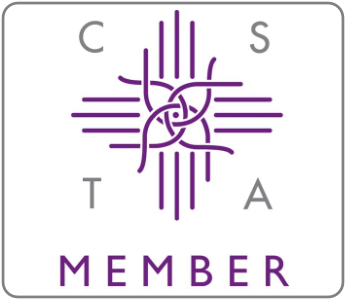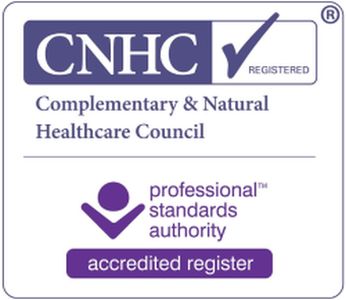Barbican EC2Y | Chiswick W4 | Claygate, Surrey, KT10
'The potency of the tide is what we have to consider…
more power than any force you can apply from the outside'
– W G Sutherland
What is Biodynamic Craniosacral Therapy?
Craniosacral Therapy is an exceptionally gentle yet very powerful form of treatment which interacts with the deepest inherent healing forces within the body, facilitating integration of the whole body-mind. The body has a powerful self-healing potential which can be encouraged in order to counteract the effect of injury, disease, trauma or stress. Craniosacral therapy offers the creation of a safe space where these kinds of challenges can be processed and the body’s natural affinity towards health re-ignited.
Craniosacral therapy has its roots in the work of Osteopath William Garner Sutherland (1873-1954), who in the early 1900's observed that the cranial bones have a very subtle rhythmic motion, and that the cerebrospinal fluid that bathes our brain and our nervous system has its own ‘pulse’ and is essential to maintaining our health. He termed this system Primary Respiration. Initially the treatments he gave were mechanistic in approach but towards the end of his career he came to the strong belief that the deepest and most powerful healing work was more energetic or biodynamic in form.
‘The quieter you become the more you are able to hear’
- Rumi
What happens in a session?
At the first session there will be a detailed and sensitive discussion of your history and your reasons for coming for craniosacral therapy. During the treatment you remain clothed and will usually lie face-up or on your side on a treatment table. I will gently use my hands to make contact with your body and listen to its various systems (musculoskeletal, nervous, lymphatic, cardiovascular, fascia) as well as the subtler energetic qualities of Primary Respiration.
I listen to my clients’ bodies with my hands in a similar way that a talking therapist would listen to their words. Because the body functions as a whole, I may focus on areas other than where your symptoms are occurring. It is common to feel deep relaxation, warmth, tingling, a sense of ease, increased energy and a sense of feeling more alive, balanced and heard in the truest sense of the word.
'Silence is the perfectest herald of joy'
- William Shakespeare
How many sessions and how much?
There are no set number of sessions. Sometimes people report relief from their symptoms after one or two treatments. For long-standing problems or chronic conditions further sessions may be needed, and I may recommend weekly treatments over a longer period, the course of which would be reviewed regularly between us.
My session fee is £75 for an hour. I am able to offer reductions to those in full-time education. I also offer discounts on packages of treatment: 5 sessions for the price of 4.5.
'Although the world is full of suffering, it is also full of the overcoming of it'
- Helen Keller
What conditions can respond well to Craniosacral Therapy?
Because it is so gentle CST is suitable for all; new-born, toddlers, children, teenagers, pregnant and post-natal women, adults and the elderly. I regularly work with clients who to come to me with conditions including:
- stress
- performance anxiety
- tinnitus
- digestive issues
- fertility issues
- trauma
- post–operative recovery
- depression
- anxiety
- general aches and pains
'Touch is the first language we speak'
- Stephen Gaskin
Mothers and Babies
Having a child is one of life’s most profound events. CST can help provide support to mothers, partners and babies in this period of physical, emotional and psychological change. In my experience of working with ante and post-natal women CST sessions can help:
- relieve minor ailments (such as back pain)
- settle nervous and hormonal systems
- support the body’s current and future physical changes
- preparing for birth
As it is so gentle, CST can be beneficial for babies helping:
- establish and supporting breastfeeding
- developing good sleep patterns
- helping with colic, reflux and allergies
- torticollis (wry neck)
- bonding with parents and siblings.




